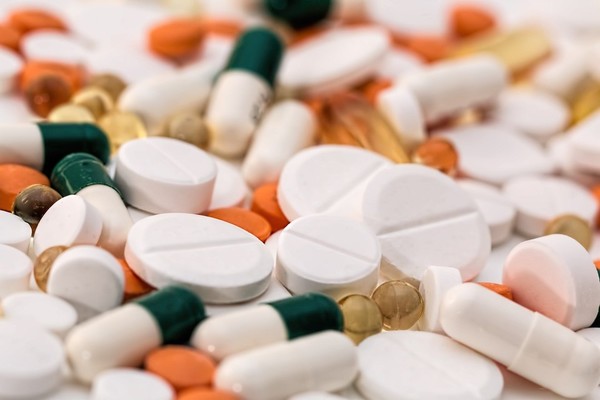Drug recalls following the detection of NDMA (N-nitrosodimethylamine) impurities in nizatidine-based drugs, which began in 2019, are still going on, according to officials.

The Ministry of Food and Drug Safety (MFDS) recently disclosed the recall for Vivozon Pharmaceutical’s Alzatine Cap. 150mg.
The order is a precautionary measure according to the results of the product stability test.
In addition to the recent recall measures, the ministry ordered the recall of two similar items in January --Medica Korea’s Zatidine Capsule 150mg and Hutecs Korea Pharmaceutical’s Acitidine Capsule -- as a precautionary measure following the detection of NDMA because of the stability test.
The recall of nizatidine-based products has been steadily continuing after researchers suggested the possibility of impurity detection for nizatidine-based products after the ministry detected NDMA in ranitidine in 2019, which started the impurity fear wave among Korean pharmaceutical companies.
The ministry recalled 13 items with trace excess of NDMA among nizatidine products in the same year.
Ultimately, the food and drug regulator instructed pharmaceutical companies to evaluate and test the possibility of contamination with nitrosamine impurities such as NDMA.
Last year, the ministry received the evaluation and testing results for possible impurities in raw materials and finished products from the drugmakers, stressing that it would review the submitted test results and take necessary measures, reaffirming its concerns about NDMA and issuing nine recalls on 15 items in 2021 alone.
Industry insiders expected that recall measures due to NDMA concerns for nizatidine might continue as nizatidine preparations have a high occurrence of NDMA due to the chemical structure of the component. The food and drug safety ministry also announced that it would conduct NDMA impurity testing for each manufacturing unit for pharmaceutical companies that did not submit the test results that evaluated the possibility of impurities by last May.
Meanwhile, the Ministry of Health and Welfare discussed measures related to impurity detection drugs and plans at the 27th Health Insurance Policy Deliberation Committee in December to make pharmaceutical companies cover the costs of re-prescribing and re-dispensing drugs incurred by detection of impurity.
Based on the result of the meeting, the health and welfare ministry demanded public service charges on 108 pharmaceutical companies starting from January.
The charge aims to retrieve costs incurred in re-prescribing and re-dispensing drugs that contained impurities -- ranitidine, nizatidine, metformin -- detected since 2019. According to the health-welfare ministry, the total charge is 2.9 billion won ($2.4 million).

